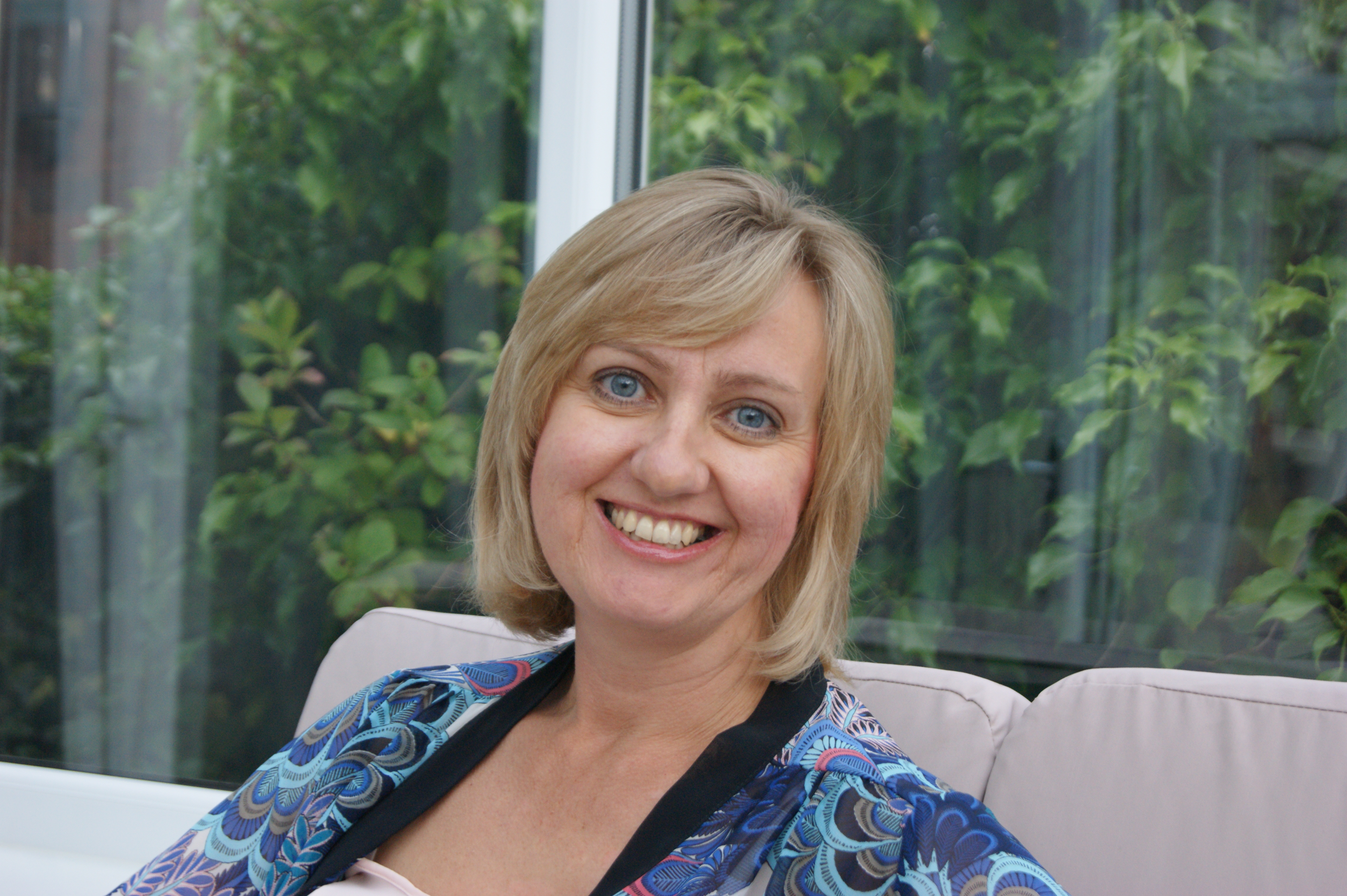Shall we talk? 4 things to consider first!
- Karen Butterworth

- Feb 21, 2020
- 3 min read
Updated: Feb 29, 2020

Today, many psychologists agree that certain emotions are universal to all humans, regardless of culture: anger, fear, surprise, disgust, happiness and sadness. Yet we find it difficult to reveal when we experience certain emotions and what is causing them, particularly sadness, anger, disgust and even fear.
Why is this when it’s natural and everyone else experiences these emotions at one time or another? A simple question but the answer is much more complex.
First of all, we have to feel ‘safe’ enough to say what’s going on and reveal how we’re feeling. If we fear being ridiculed, shamed, judged, humiliated or rejected then it won’t feel safe. It would be a huge risk. Therefore, we often choose to keep things to ourselves.
What if what you’ve got to say upsets somebody else you care about? Isn’t it your job to protect others and be the ‘strong’ one, rather than burdening or upsetting them? What if you’re known as the ‘comic’, ‘happy go lucky’ etc and these emotions don’t fit with your persona, what will people think of you? Will you be letting people down? Letting yourself down? Seeming needy or weak?
Commonly, when people feel like they’ve lost their grip on life and feel bad about themselves, they might adopt the belief that ‘nobody can help’ and ‘everyone would be better off if I wasn’t here’. Not true but feels very real at that moment in time.
It may not be one reason, but countless different reasons that people cannot be congruent in expressing what’s going on inwardly, to the outside world. This can be the cause of major inner conflict, which exacerbates already difficult emotions.
Then what if you finally find someone you think you feel safe with and they betray your trust and tell someone or don’t respond how you expected they would? Again, too risky. Better to keep it to yourself. Never do that again!
The message being shouted very loud and clear, at the moment, is to talk, which makes a lot of sense, because it’s the people who don’t that seem to end up in despair and I’m sure we’ve all experienced times when talking has helped, but remember, it’s also about keeping yourself ‘safe’ because otherwise you can leave yourself feeling very vulnerable.
What I’ve learned is, before you talk, consider:
Who to talk to. Someone you know or someone independent? There’s a list of organisations below if you’re feeling like you’ve nobody to turn to. When to talk. The best time is when you’re thinking straight and not when you’re drunk or overcome with emotion. It ideally needs to be thought through and deliberate. That’s not to say you shouldn’t still reach out for support when you are overcome, just be even more careful about who to and how much to disclose. Where to talk. Face to face, online, by telephone etc. Privately and confidentially is a good place to start if you have a need to keep control of who knows. How much you want to say. Keep control and find the right balance. Go at your own pace. You can always give a Little first and see how that goes and when you build up some trust, then choose to reveal more.
For more free support you can contact:
Samaritans 116123
CALM 0800 585858
Childline 0800 1111
Papyrus (u35’s) 0800 067 4141
Emergency services if you feel you can’t keep yourself safe 999


Comments